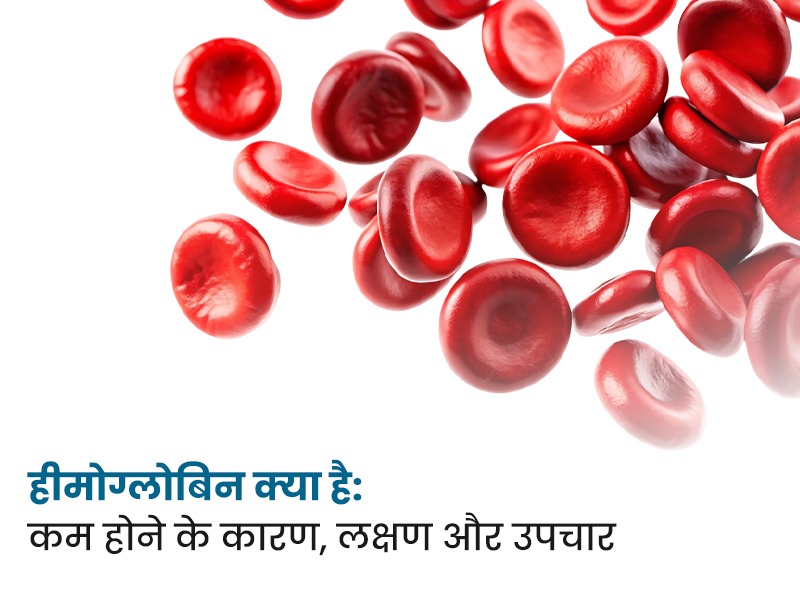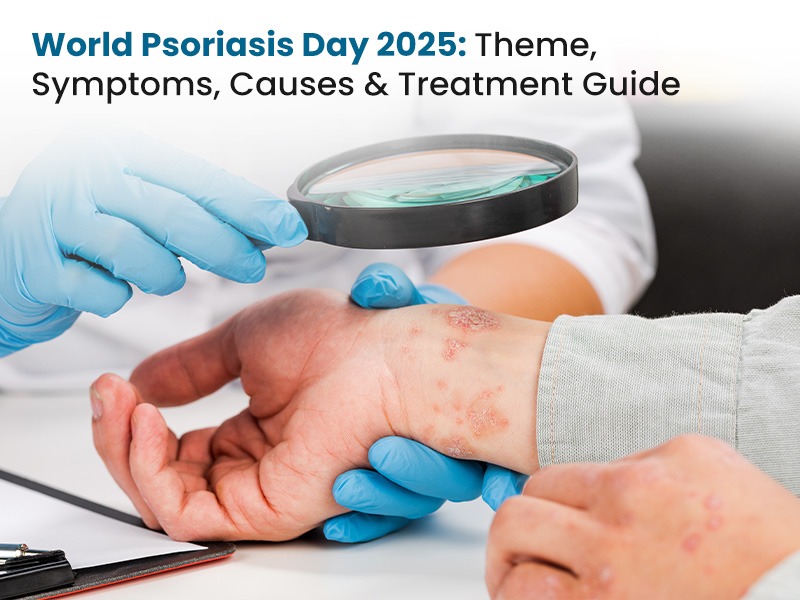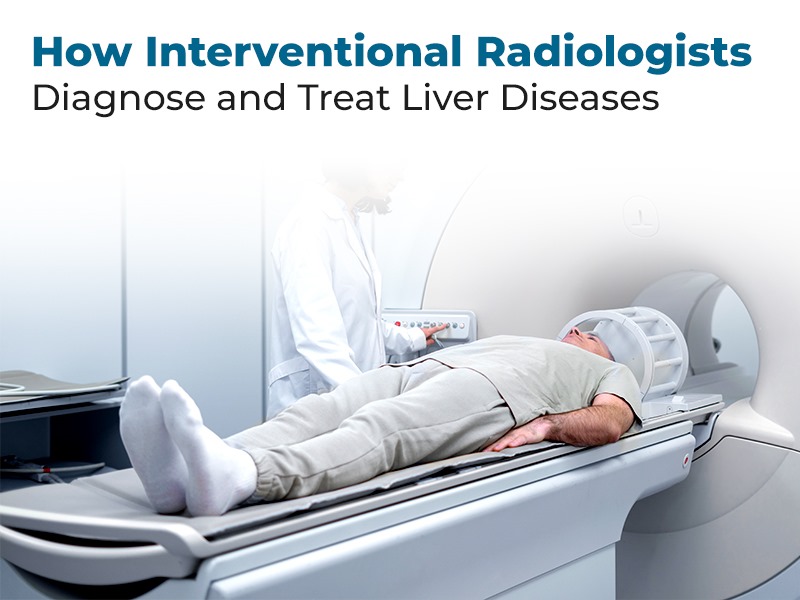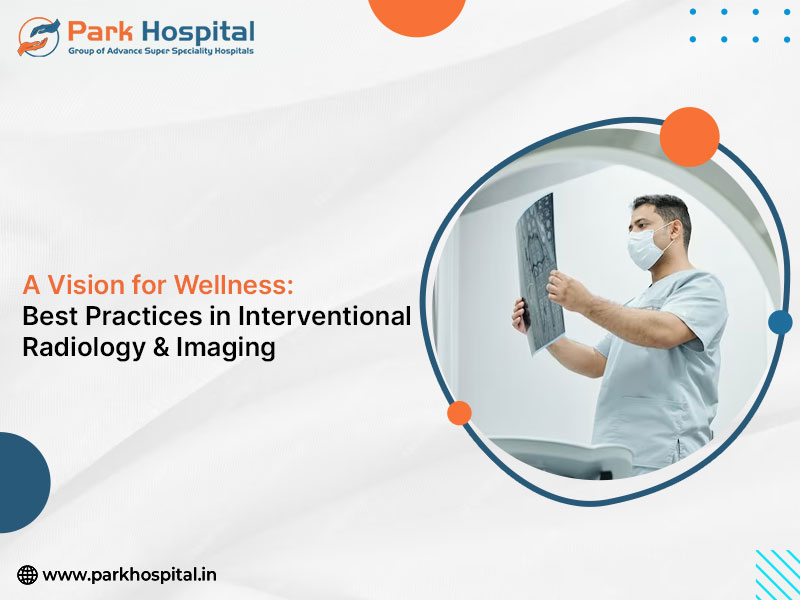Have you ever wondered why so many people today are being diagnosed with heart attacks, stroke, hypertension, diabetes, or kidney stones? Diseases like liver problems, lung cancer, dental issues, and depression are also becoming more common. These lifestyle diseases are not caused by germs but by the way we live, eat, and manage stress.
Poor sleep, lack of exercise, and habits like tobacco or alcohol use are major triggers. You can easily prevent these problems with some simple changes in your daily habit. Are you ready to learn how small daily changes can protect your body and mind for life? Read to find out.
Common Lifestyle Diseases And Their Effects
Modern lifestyle habits, such as sedentary living, poor dietary choices, stress, and exposure to harmful substances, have led to a surge in chronic diseases worldwide. The table below lists common lifestyle diseases and their primary causes:
Top 8 Strategies to Prevent Lifestyle Diseases
Lifestyle diseases are responsible for 52% deaths in India. Thankfully, with simple changes and expert guidance from heart doctors and neurologists in Gurgaon, these conditions can often be prevented. Here are the strategies that experts suggest to avoid these lifestyle diseases:
Eat More Fresh Foods and Balance Your Diet
Minimize processed foods and fill your plate with fresh fruits, vegetables, lean proteins, and whole grains for a truly balanced diet. These choices will give your body the nutrients required to fight off heart attack symptoms, hypertension, kidney problems and maintain good liver health.
Stay Physically Active
Walk or do mild activities for at least 30 minutes every day. Activities like walking, cycling, or dancing improve your heart health, lower your chances of stroke, and help you manage weight. Proper activity will also manage your depression and anxiety, which are becoming common today.
Limit Sugar, Fat, and Salt
Consuming excess sugar or fat raises your risk of heart attack and stroke, while too much salt can worsen hypertension. Shift to natural sweeteners and healthy fats and use herbs instead of extra salt. These changes support your heart, brain, and kidneys.
Drink Enough Water
Experts at the best kidney transplant hospital suggest that you should drink 6–8 glasses daily to protect your kidneys from stones and maintain overall health. Hydration aids digestion, keeps your liver functioning optimally, and helps your mind feel clear, which is important for preventing mental health disorders.
Avoid Tobacco and Excess Alcohol
Tobacco use significantly increases your risk for lung cancer, heart attack, and stroke. Excess alcohol can damage the liver and worsen depressive symptoms. Quitting tobacco and drinking makes your body and mind much stronger.
Monitor Your Weight
A healthy weight keeps your blood pressure stable, reduces your chances of stroke, and eases stress on your kidneys and liver. Monitor weight changes and adjust your diet and activity to avoid obesity-related problems.
Get Enough Quality Sleep
Sleep for 7–8 hours every night to let your body recover. Good rest repairs cells, improves immunity, and is important for balanced mental health. Chronic sleep issues can contribute to depression, hypertension, and ongoing fatigue.
Know Your Family History
Talk to relatives about any history of stroke, hypertension, heart attacks, kidney stones, or liver disease. Share these details with your doctor so you can get more focused screenings and personal strategies to prevent lifestyle diseases affecting your family.
Take Charge of Your Health Today!
When you are conscious of your everyday routine, you can enjoy a longer, healthier life and a more meaningful existence. Consult specialists early for advice and treatment if you experience persistent symptoms or have a family history of similar lifestyle diseases.
At Park Hospital, the best heart hospital in Delhi, we have expert teams who have successfully helped patients prevent and manage these conditions. Reach out to us today and take the first step toward lasting health and a better quality of life.
Also read: Balanced Diet for Indians: Meaning, Benefits & Easy Daily Meal Chart
Frequently Asked Questions
What are lifestyle diseases?
Lifestyle diseases are long-term health problems. They mainly happen because of unhealthy daily habits. Poor diet, lack of exercise, smoking, and stress are common reasons.
What causes lifestyle diseases?
They are caused by unhealthy food choices and little or no exercise. Tobacco and alcohol make them worse. Chronic stress, poor sleep, and pollution also increase the risk.
How can I prevent lifestyle diseases?
Eat a balanced diet and stay active. Avoid tobacco and limit alcohol. Drink enough water. Get sound sleep. Practice stress‑relief activities regularly.
Are lifestyle diseases reversible?
Some lifestyle diseases can improve if you make changes early. Healthy eating and regular exercise help. Others may also need medical treatment along with lifestyle changes.
What is the role of regular health checkups?
Health checkups detect early warning signs. This allows doctors to start treatment on time. Regular monitoring also lowers the risk of serious complications.















































